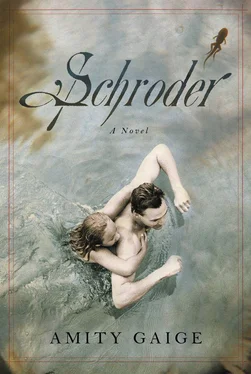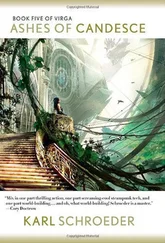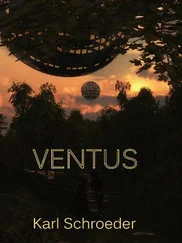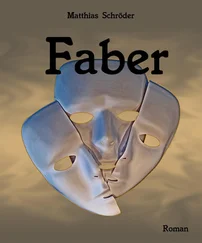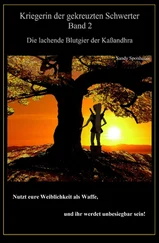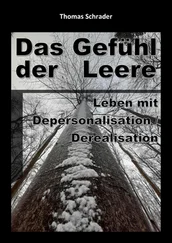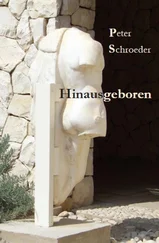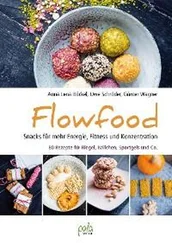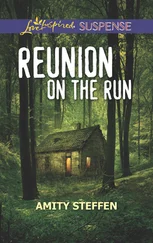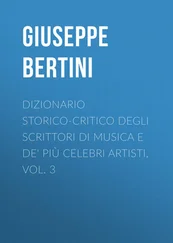Then I let two years go by before investing more than a passing interest in her. She was a sweet but somehow not yet relevant presence, not yet here . Besides, she was yours, clamped to your breast. A father gets the message.
And so I didn’t sweat fatherhood much those early years. I was a provider. It made me proud that I could give you time at home with the baby. I enjoyed my erratic work schedule and used it to further my recreational soccer career. I became friends with my clients and with them took three-hour lunches in the winter, spontaneous trips to Saratoga in the summers. I often came home at the end of the day with cleats over one shoulder, skipping my way up the stairs, and until I heard Meadow’s crowing from behind the apartment door, I sometimes forgot that I even had a baby.
You, of course, Laura, had changed. Meadow was your life. After you gave birth to her, you spent a disheveled year at home. You mashed your own baby food, fretted about environmental poisons, and generally ignored your careerist impulses. Sometimes, when I came home, the kitchen was chaos, as if it had been ransacked, with no sign of either of you. I would climb the stairs, and there at the top, in the steamy bathroom, you and little Meadow would be secreted in the bathtub together, clothes — your big blousy shirts and her little onesies — strewn like lovers’ clothes across the threshold.
It doesn’t take much effort to go along with someone else’s vision of life. For Christ’s sakes it doesn’t take much effort to go along with anything. But then, one day, a force of reckoning comes to your door demanding a word with you. For me, that day occurred when I came home from soccer and Meadow — eighteen months of age, a whisper of a being — pointed to my sweaty face and said, “Daddy rains.” It made me pause, just as I had when she didn’t cry. How does a child so young compose such a pretty sentence? She looked up at me. I was thirty-four — not an old man, but old enough to spy the burnt edges on the scroll of my life. This child. Did some clue to my life lie here?
So for me , for us , the economic slowdown presented an opportunity for spiritual growth in the form of me going bust and you getting a coveted job at the new experimental charter school in North Albany. By springtime of ’09, the real estate market was as dry as a desert. It seemed as if its previous health, the happy exchange of sellers and buyers, was a fairy tale. And this is how I came to be Stay-at-Home Dad of the Year. This is how I came to be left on the porch that fall with my three-year-old child, who was really a stranger to me, while her mother drove off in my company car, looking very pretty, actually, in a flounced blouse and touchingly mature pearl earrings.
Do I remember my first days alone with Meadow? I sure do. I remember looking down at her, her thumb snug in her mouth, her Stinky Blanket under the other arm, and me filled with complete terror. The neighborhood was as silent as a tomb. The leaves on the oak trees were still. An acorn pinged off the hood of a car. I could hear my blood in my ears. I waited for someone to approach down the street — anyone. I longed to make the sort of meaningless small talk I was so good at. How would we fill a day, two people with such a different sense of fun? I felt overwhelming pressure to do something outrageous or entertaining. I worried that she would just pick up Stinky Pillow and walk away from me. What I didn’t know was that she was helplessly bound to me already. It was me who could have wandered away from her. I could have left her outside of the fire station and walked away and — after a year or two of effortful self-justification — would barely have thought of her again. 9My daughter stood barely looking at me, as if embarrassed by her position, the ligature of her polka-dotted underpants visible above the elastic of her corduroy rompers. My heart flipped. How abandonable a child is.
With this vague gleaning of one another’s vulnerabilities, we were off. We quickly exhausted the territory of the apartment, whose dolls and crayons had always bored me. To be outside was better. We both could breathe there. We played in the wet sandbox and the wet grass. We discovered that we could stand inside the hedge that bordered our property and thereby go unseen by the mail carrier. We discovered that on the other side of the hedge, summer’s late blackberries still clung to their scary-looking vines. We debated whether or not the hedge was ours and therefore the blackberries were ours also. (We decided yes.) We found, in the neighbor’s yard, an overgrown garden. We discovered that the scent of mint leaves, when crushed between thumb and forefinger, stayed on the skin for hours. We made grass stew. I noticed that my daughter was able to combine her mother’s scrupulous attention to detail with her father’s relentless sense of wonder. I came to see that her apparent ordinariness (her fondness for glitter and for high-pitched screams of excitement, etc.) was a kind of camouflage for the truer, inner child burdened by extraordinary perception. The child — I quickly came to see — was gifted .
O tiny imitator! Compact mirror! Within days Meadow was using words and phrases that I had used casually, almost aloud to myself, thinking she had not understood. A boo-boo was a laceration . A burp was an eructation . Acorns were ubiquitous . I never talked down to her. I had always loved words. My early experiences learning English satisfied me, if nothing else did, by the language’s interesting consonance with German. And so, almost casually, I threw in some foreign words, phrases from Spanish, Japanese, and even my buried native tongue. She retained every word. Anything you threw at her stuck. Naturally I wondered what else she might be capable of.
A - B - C - D - E - F - G .
One day, I sat her down with some old Clebus stationery and several sharpened pencils.
“This,” I began, “is an A . The sound” (I said) “of A is ah or the sharper aa , as in cat . If you add a y , the sound is the same as how you say the letter— ay . Like day .”
“ Aaay ,” she said. “Can I have a graham cracker?”
“Sure you can. Just as soon as we finish what we’re doing. B. B sounds like buh. Buh .”
“ Buh .”
“What other words start with the sound buh ?”
“Hamburger,” she said.
“Good try. Try again.”
“Bug.”
“Bug! Yes! Bug.”
H - I - J - K - LMNO - P .
And by the end of that fall, she could read. She was three years old.
Is it now safe to say that I made my share of mistakes? Sure. Can I now say freely that she took a couple of knocks in my care? That twice I lost her in the Grand Union — I had to do the grocery shopping, too — and she had to be raised on the PA system? That once, at home, we were visited by the fire department for something unwise we did with the smoke detector in the name of science? But the thing I will never apologize for is teaching her to read. I don’t care how it makes me look.
Ask her; she’ll tell you. We had fun together. Our days were full. I was getting the hang of parenting. I was no longer bitter about the busted real estate market or my lack of earning potential. I could accept the unique humiliation of asking my wife for pocket money. I even unearthed my manuscript from beneath its sward of bills and took up — at nap times — my independent research. And all this should have been good but for a single problem.
Читать дальше
